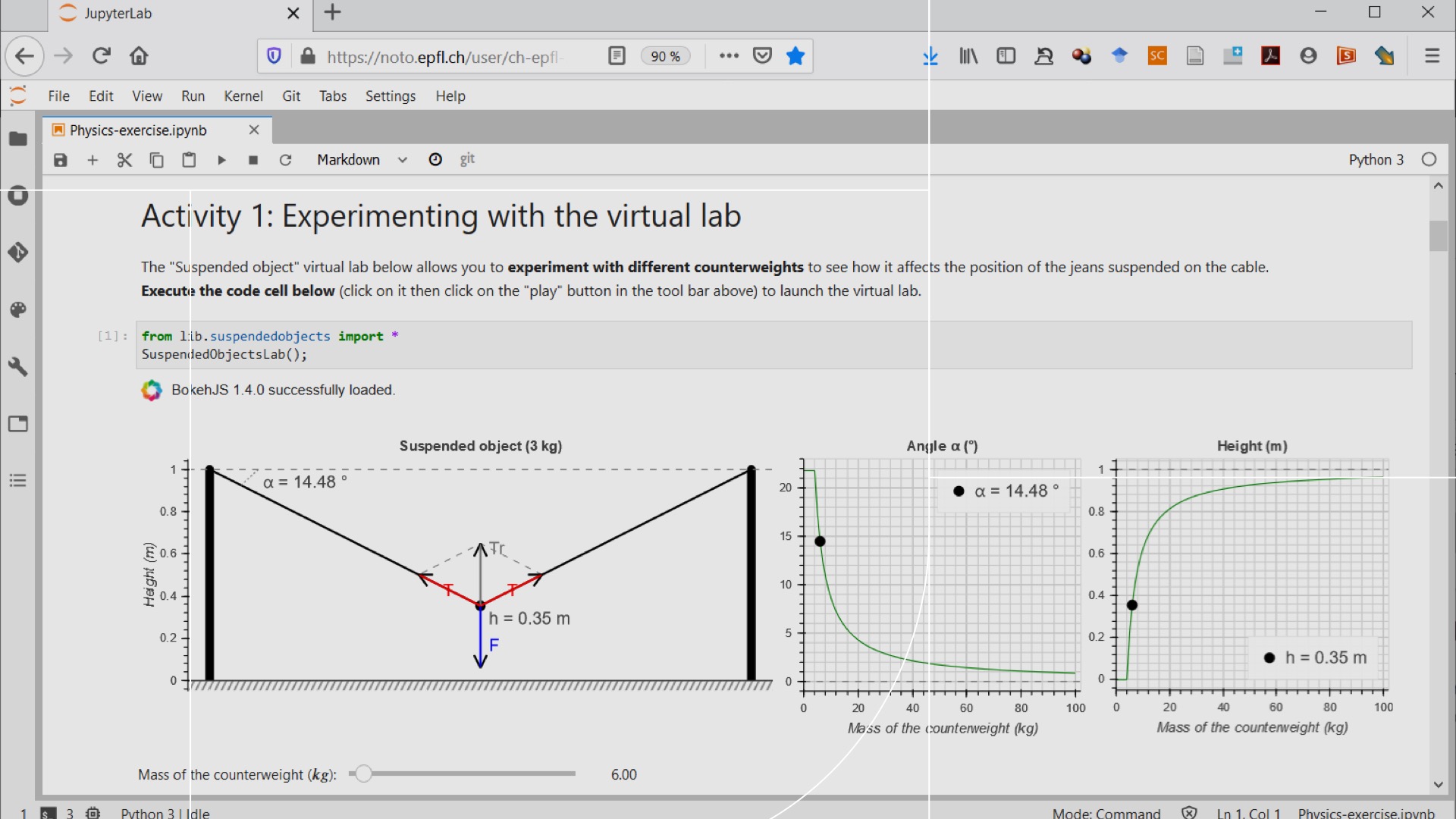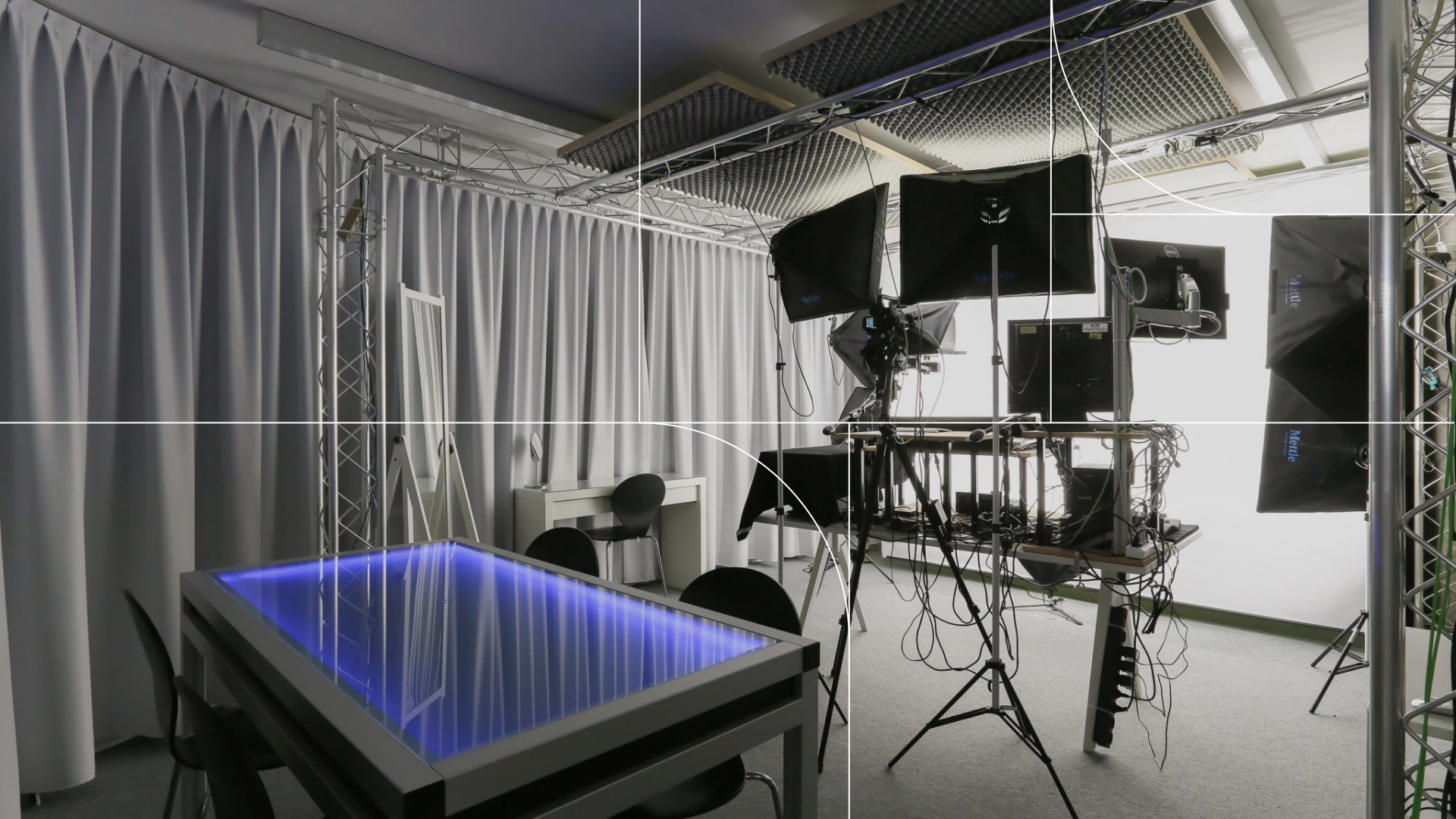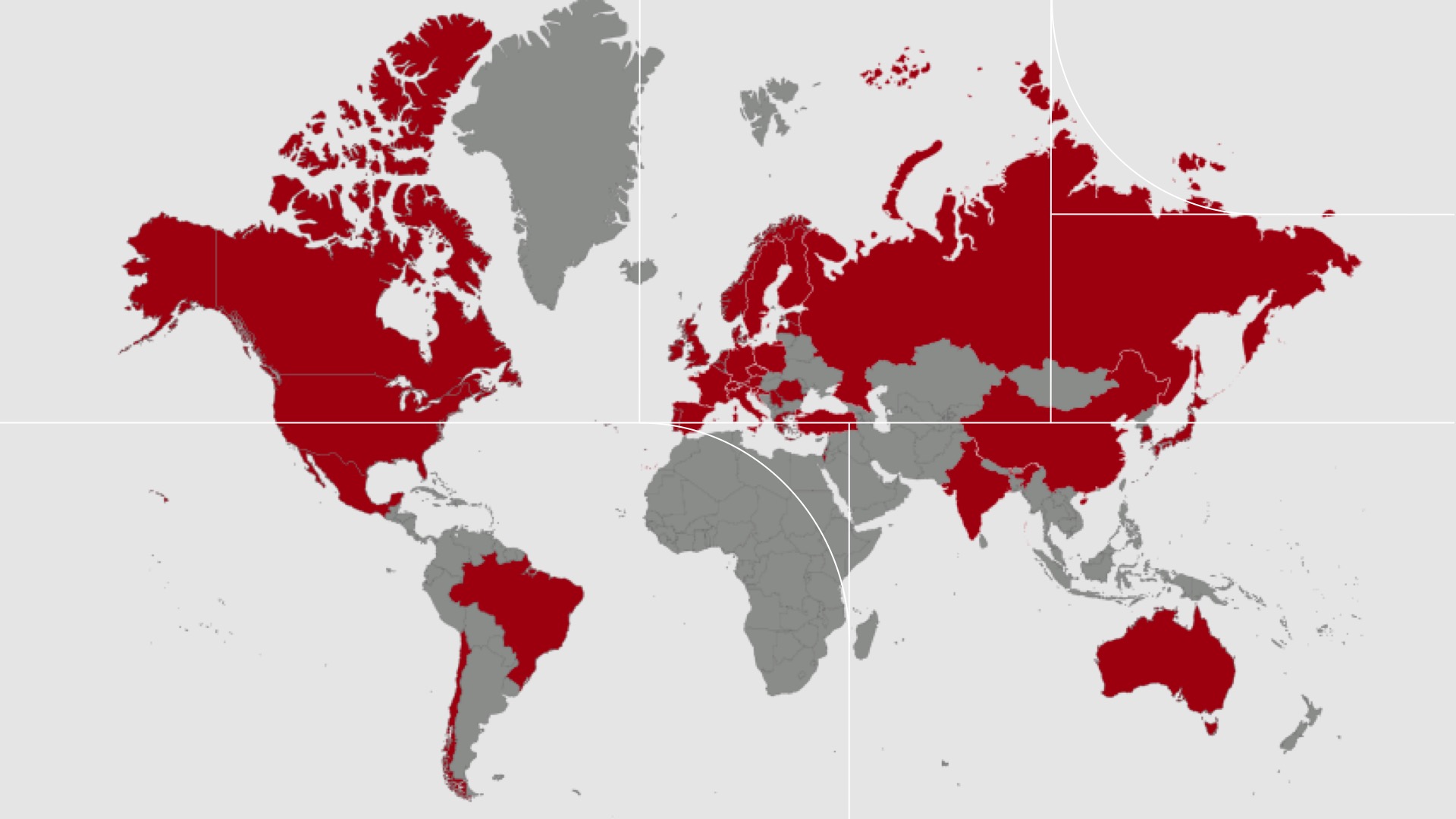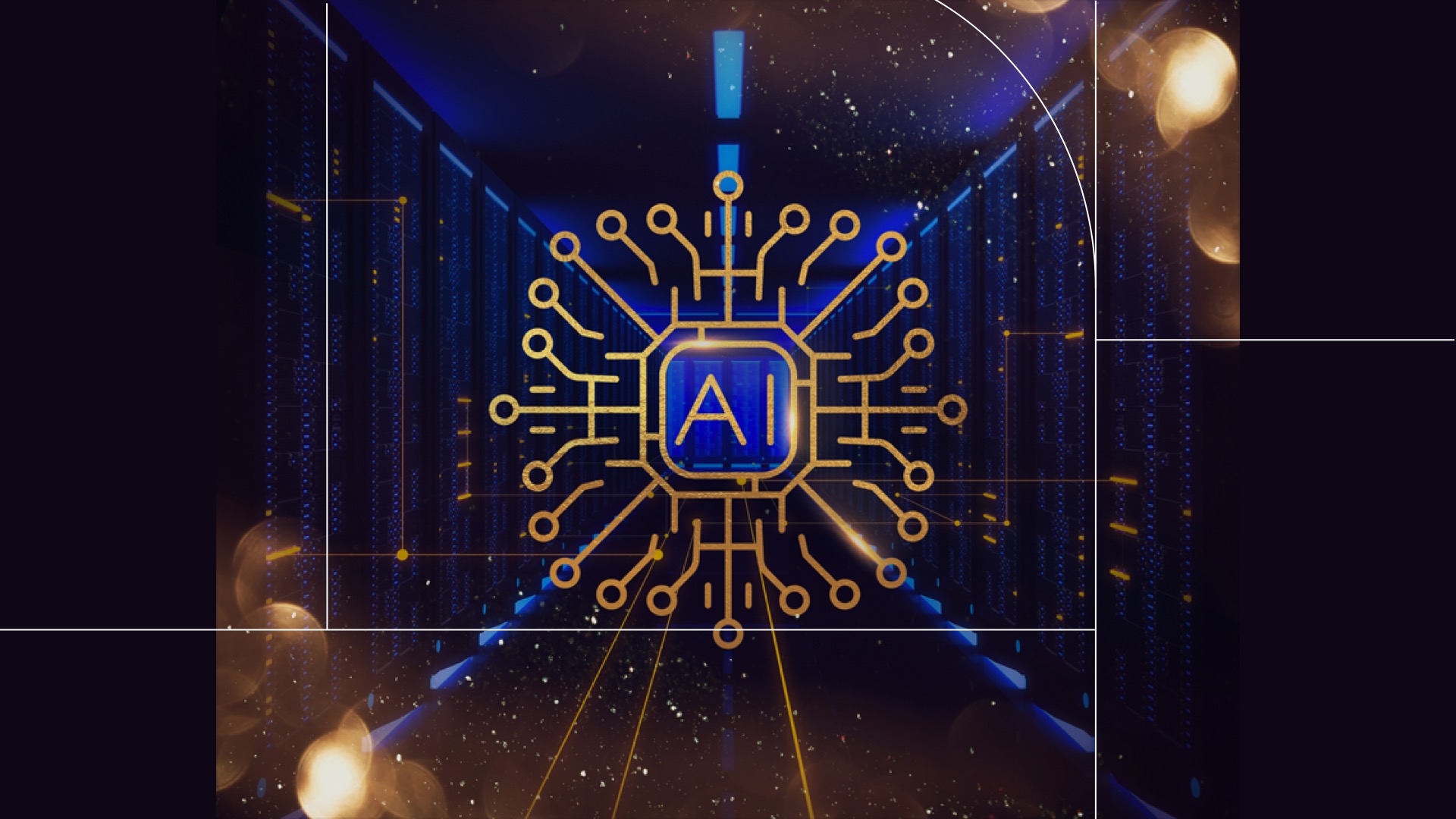Graasp for open evidence-based research in digital education.
Graasp is an open-access, GDPR-compliant cloud platform for digital education developed and hosted at EPFL in the framework of national and international initiatives.
It is exploited worldwide by universities and schools for blended active learning or digital knowledge sharing and has currently over 165’000 users.
A driving feature of the platform is that—provided consent—it is possible to collect data regarding teacher and student (learning analytics), which can be used not only for pedagogical awareness and reflection, but also for evidence-based research.
ASPIRE is empowering researchers, beyond the current platform stakeholders, to access data generated within Graasp.
The project is carried out collaboratively by EPFL, HEIA-FR, and HEP-BEJUNE, covering as such 7 cantons and two linguistic Swiss areas in order to facilitate a national-wide adoption.
In addition, the project combines research competencies in human computer interaction, software engineering, data science, and education.




